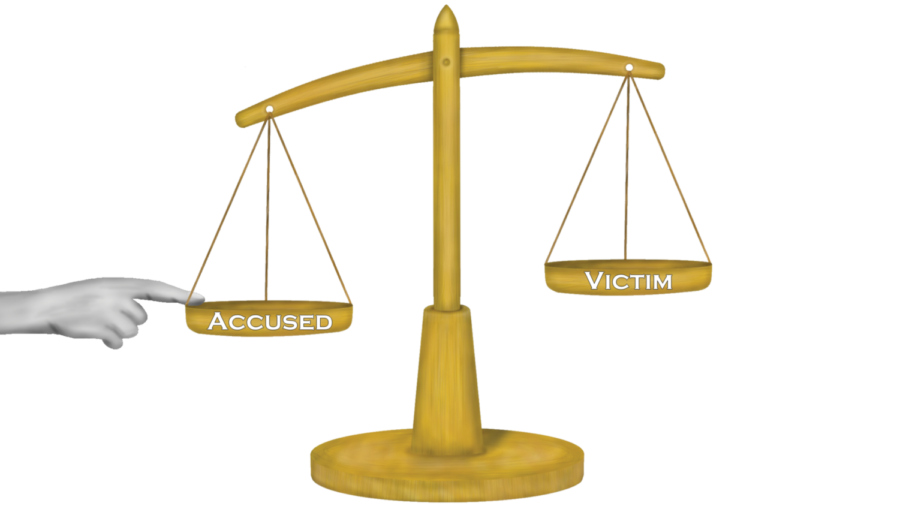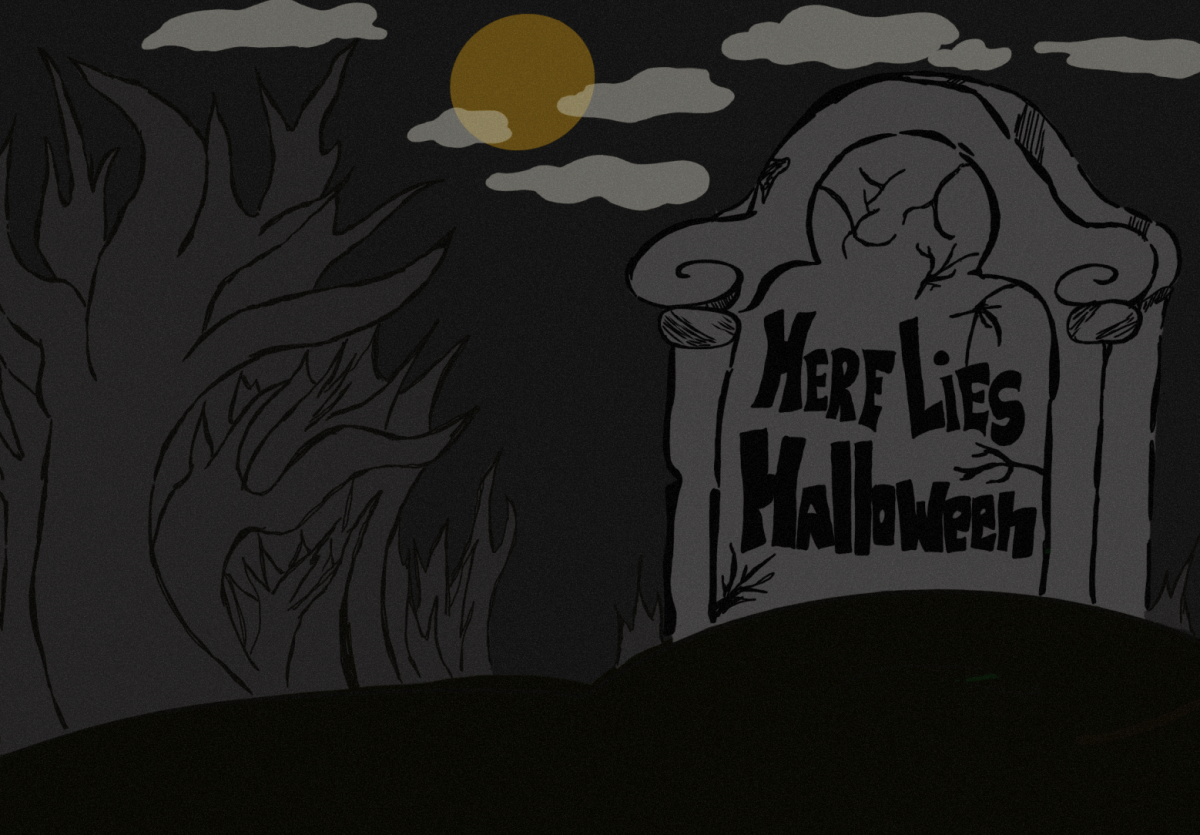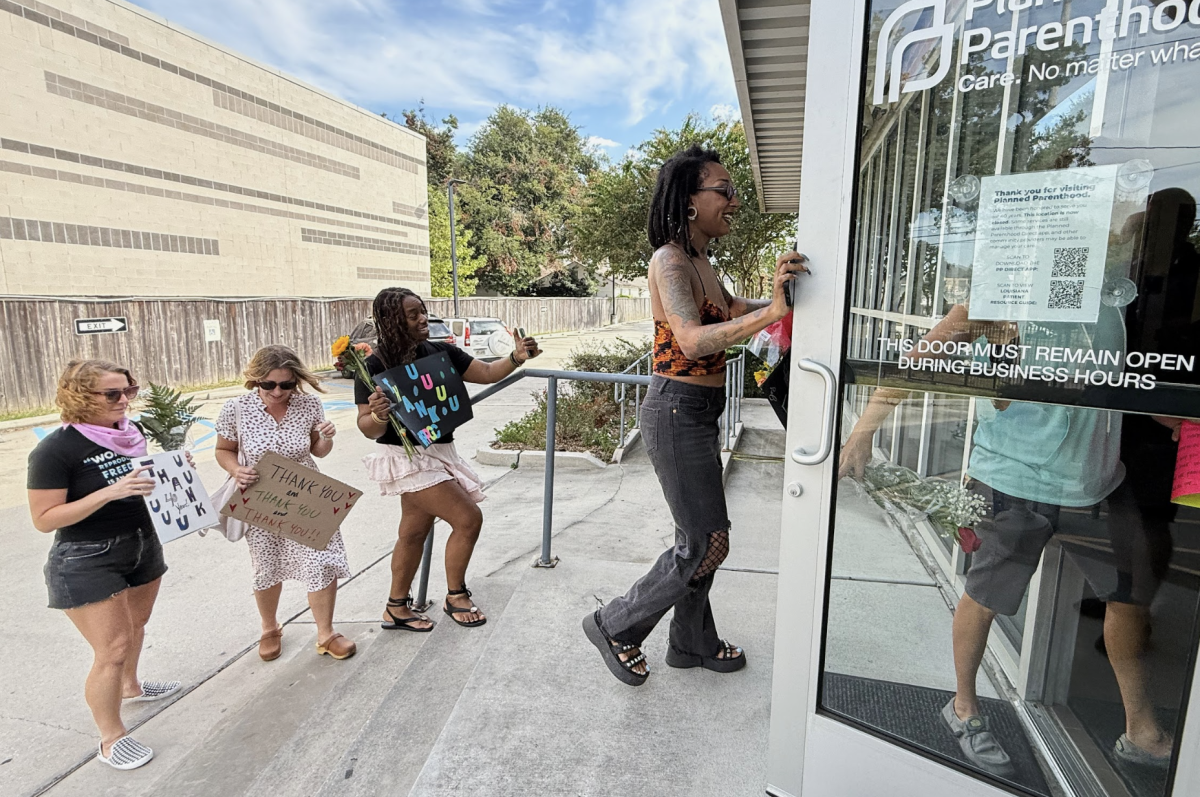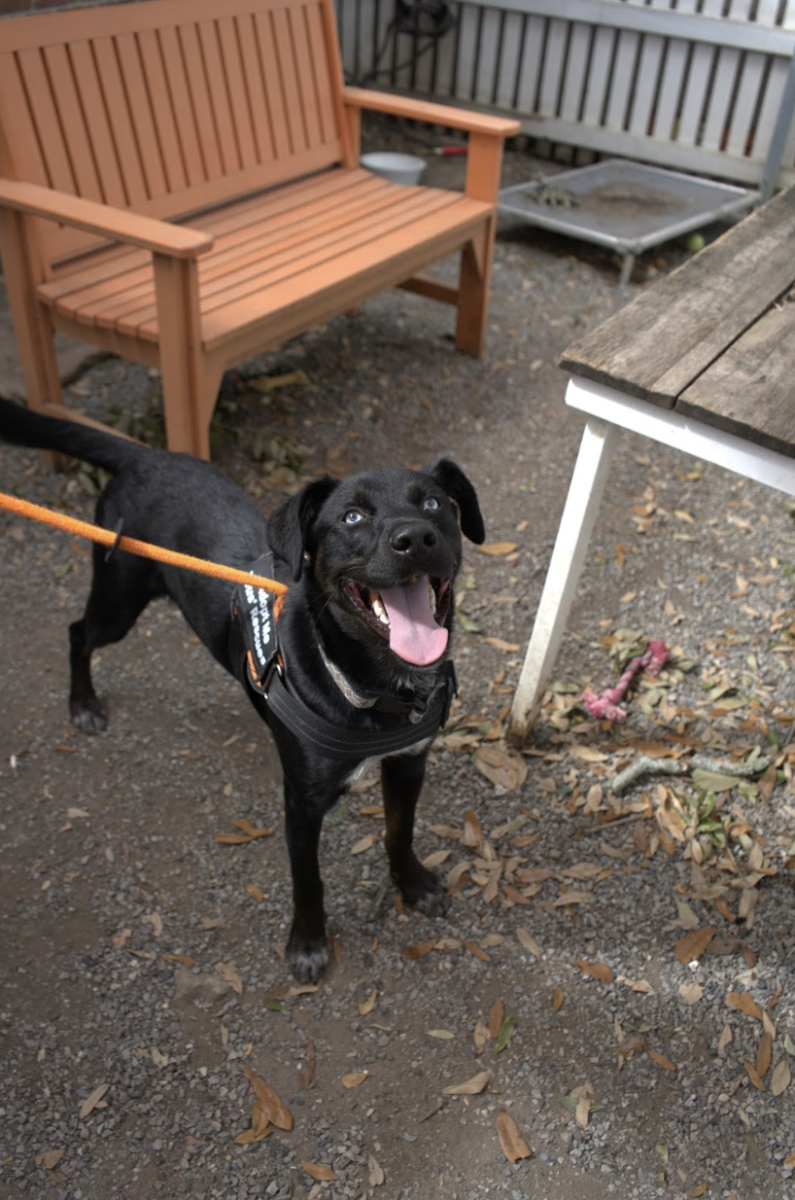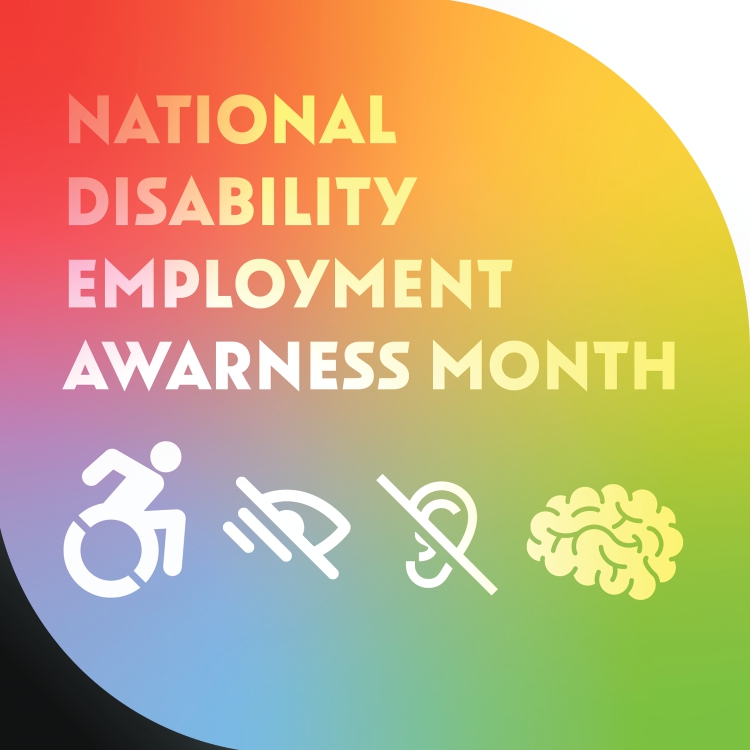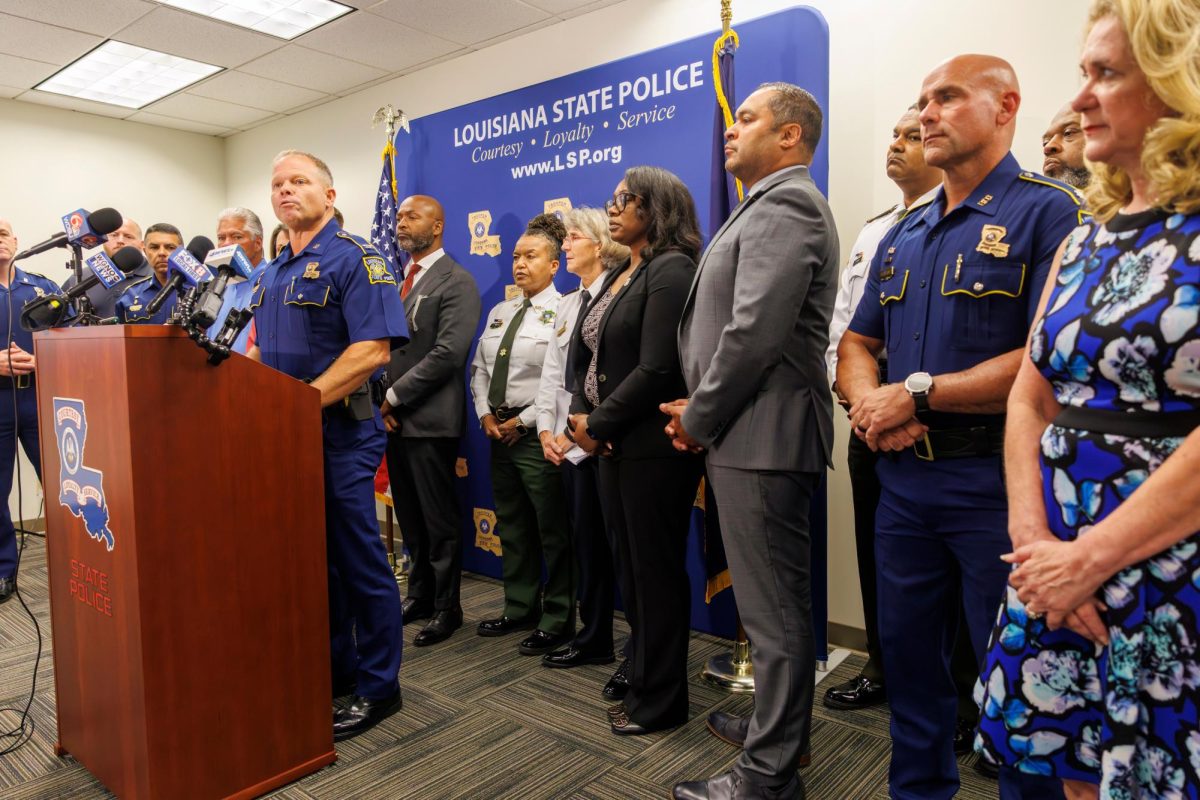Within the last 10 years, the way that universities handle sexual harassment and sexual violence have changed. Prior to the Obama administration, cases of this nature that occurred in college were handled only through individual university codes of conduct and state laws.
But, in 2011, a Dear Colleague letter extended the civil rights protected under Title IX to include cases of sexual harassment and violence. The letter stated that incidents in these cases surrounding college students must be held to a certain preponderance of the evidence. It urged institutions of higher education to “take immediate and effective steps to end sexual harassment and sexual violence.”
Under the Trump administration, changes have been proposed to the guidelines outlined in the aforementioned Dear Colleague letter. In a wordy statement from the Department of Education, led by Secretary of Education Betsy DeVos, the department essentially proposed that a school must hold the maximum code of conduct issues to the same standard as Title IX cases.
These new proposed guidelines from the Department of Education essentially state that a university should make determinations about Title IX and conduct violations using the same standard of evidence.
The potential changes have been met with a mixed consensus. When learning of these potential changes, the question on the minds of students that looms is what does this mean for Loyola.
According to Loyola’s code of conduct and Title IX practices, the preponderance of evidence standard is used in both. So even prior to any proposed regulations or changes, the standard of proof at Loyola was already uniform and will remain so. This will keep us in accordance with the proposed guidelines.
But this doesn’t necessarily mean we should be put at ease. All university conduct issues are private proceedings, done behind closed doors and without public information being released. This includes cases of sexual harassment and violence.
Cases of sexual harassment and violence in college are infamously difficult to handle. Stories from students who are treated unjustly by their university administration during such cases seem to make the news almost routinely. In a 2012 case at Amherst College that gained notoriety, Angie Epifano wrote of her experience, “I am sickened by the Administration’s attempts to cover up survivors’ stories, cook their books to discount rapes, pretend that withdrawals never occur, quell attempts at change, and sweep sexual assaults under a rug.”
Rumors surrounding Title IX and conduct practices at Loyola cannot be confirmed nor denied due to the closed nature of these practices. However, in a small campus, these rumors circulate quickly and many may have heard of alleged malpractices or poorly handled incidents in our university.
Because there is no way to know the nature of these proceedings, we put our trust in Loyola to handle our sexual harassment and sexual violence cases in the justest way possible.
If we are remaining at a high standard, with both our conduct and Title IX preponderance of evidence standards equivalent, we trust in our university — and we trust blindly — that these proceedings are done with justice, fairness and equity.


